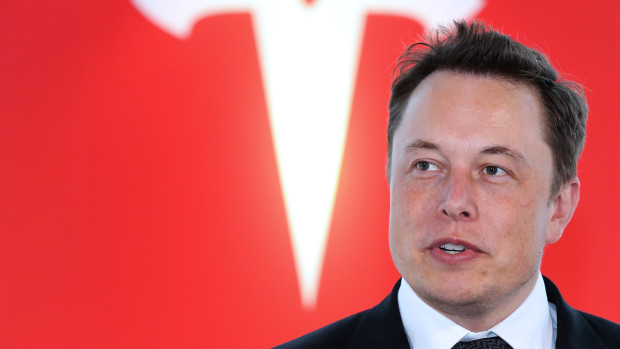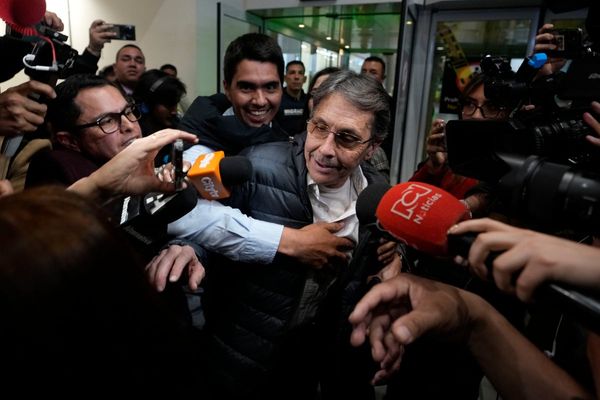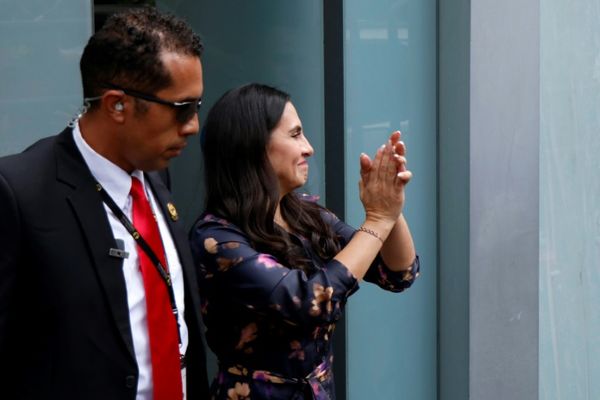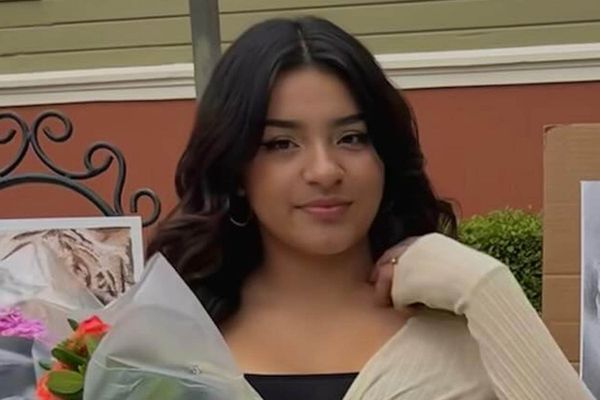
Tesla reported record revenue of $24.5 billion (a 47% increase from last year) for its second quarter. This revenue influx came amid the highest levels of both production and delivery that the car company has ever reported.
Beyond its earnings, the quarter was marked by a series of partnerships between Tesla and competing car companies to use Tesla's charging network. And excitement over the coming Cybertruck has continued to mount as the company's stock began surging toward the highs it last hit in 2022.
DON'T MISS: Tesla Earnings, Profit Margins Beat Wall Street Forecasts Amid Global EV Price War
Though Musk said that Tesla is "deeply honored" that these other carmakers have signed on to use Tesla's connector and charging network, he added that he has no intention of licensing the connector. What Tesla is interested in licensing, however, is the company's Full Self-Driving technology.
"I want to emphasize very strongly; we are very open to licensing our full self-driving software and hardware to other car companies," Musk said. "And we're already in early discussion with a major OEM about using Tesla FSD. We're not trying to keep this to ourselves. We're more than happy to license it to others."
More Tesla:
- Why Tesla Stock Is Going Through the Roof -- And Where It Could Go Next
- Tesla Hacker Cracks Code, Finds Secret 'Elon Mode' That May Show What Driving In The Future Will Look Like
- Elon Musk Has a 'Purity' Around Motivation For Game-Changing EV Deal
Tasha Keeney, the director of Ark Invest's analysis, which has long been bullish on Tesla specifically around the opportunities afforded by its FSD technology, said that the hint on licensing was "not surprising."
"Autonomy is hard, it requires vast amounts of data, and I believe many automakers will fail to achieve it on their own," she said.
This is a big deal
— Elon Musk (@elonmusk) July 19, 2023
And though Musk has yet to roll out true FSD (the current versions require driver attention), he said that the tech will be "better than human" by the end of the year, adding however that it doesn't mean the technology will be approved for use by that point.
Even as (TSLA) -) strategizes how to get the most value out of its FSD technology, Musk turned to robo taxis, a business that would be entirely dependent on FSD tech that Ark Invest thinks will be worth trillions by 2030.
"Our future dedicated robo taxi products we think have quasi-infinite demand," Musk said, adding that success in AI-related endeavors (a category self-driving cars fall into) is dependent upon unique data, talent and computer resources.
"We have outstanding capabilities in all three arenas," he said. "And I really don't know how anyone could do what we're doing, even if they had our software, if they do not have the training data."







